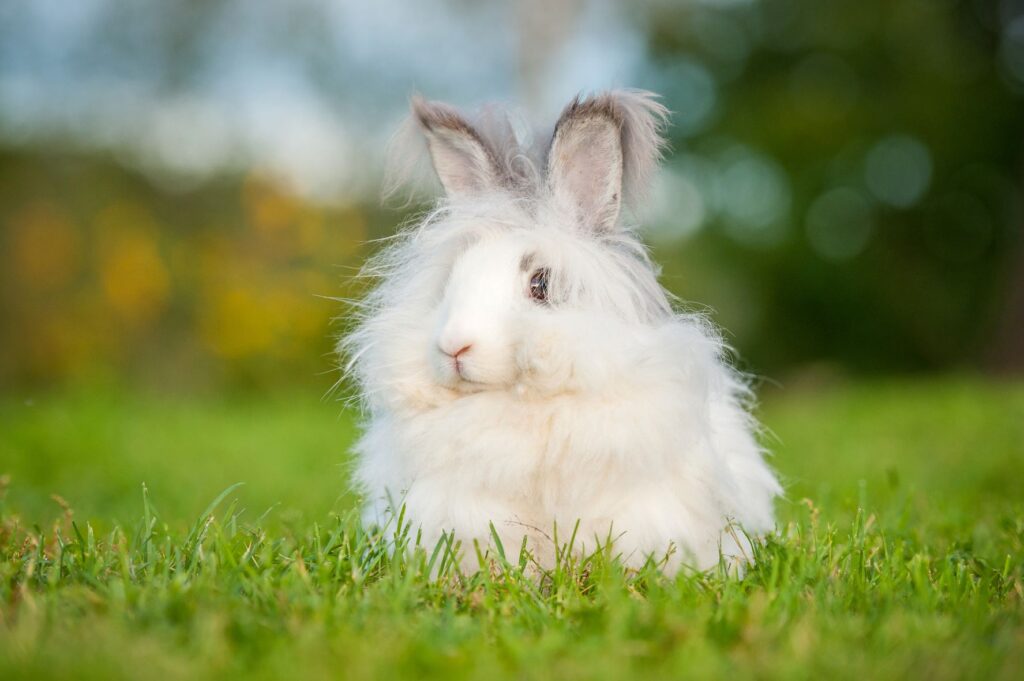An Angora rabbit farming initiative in Khyber Pakhtunkhwa is yielding positive results, particularly in creating livelihood opportunities for women in mountainous regions. The project, which focuses on raising Angora rabbits for their valuable wool, was launched in 2016 at the Livestock Experimentation Station in Jaba, Manshera, with the support of the Pakistan Agricultural Research Council (PARC), according to Dr. Siraj-ud-Din, Senior Veterinary Officer.
The primary goal of the initiative is to improve the economic conditions of residents in Khyber Pakhtunkhwa’s mountainous areas by promoting the potential of wool extracted from Angora rabbit fur. Angora rabbits, originally from Turkey, are known for their high-quality wool, which is among the world’s finest and warmest, as well as for their meat.
Under the project, rabbits were imported from Turkey to establish a rabbitry at Jabba Sheep. The initiative quickly gained popularity across Pakistan, with people from regions as far as Karachi requesting pairs of these distinctive white rabbits with red eyes. These rabbits have been distributed throughout Kaghan Valley, Haripur, and Swat, where locals now sell the wool at reasonable prices in markets like Islampur Shawl.
Residents, particularly in rural areas, have integrated rabbit rearing into their homes, earning income by trimming the animals’ fur every quarter. The price of raw Angora wool ranges from Rs. 2000 to Rs. 5000 per kilogram, depending on quality and color—significantly higher than the price of sheep wool, which ranges from Rs. 34 to Rs. 200 per kilogram. A single rabbit can produce around one kilogram of wool per year, and with rapid reproduction rates, owners can quickly establish a profitable flock.
Dr. Siraj noted that Angora rabbits are easy to domesticate and do not damage property. The silky texture of their wool often leads to it being mixed with sheep wool to create high-value yarn, with garments made from this yarn fetching thousands of rupees.
The initiative has the potential to become even more economically beneficial if industry linkages are developed, enhancing yarn preparation and facilitating the export of finished products. Currently, the Livestock Experimental Station Jabba maintains a parent stock of about 55 females and 16 males, having distributed around 700 pairs at subsidized rates over the past few years. The price of a pair has recently been increased to Rs. 3200, still below the market value of Rs. 7000-8000.
Angora rabbits also offer potential for meat export, particularly to markets in the Gulf and Turkey, where demand is high. Weighing around 2.5 to 3 kg, the rabbits can be sold both locally and internationally, offering another revenue stream for farmers.
